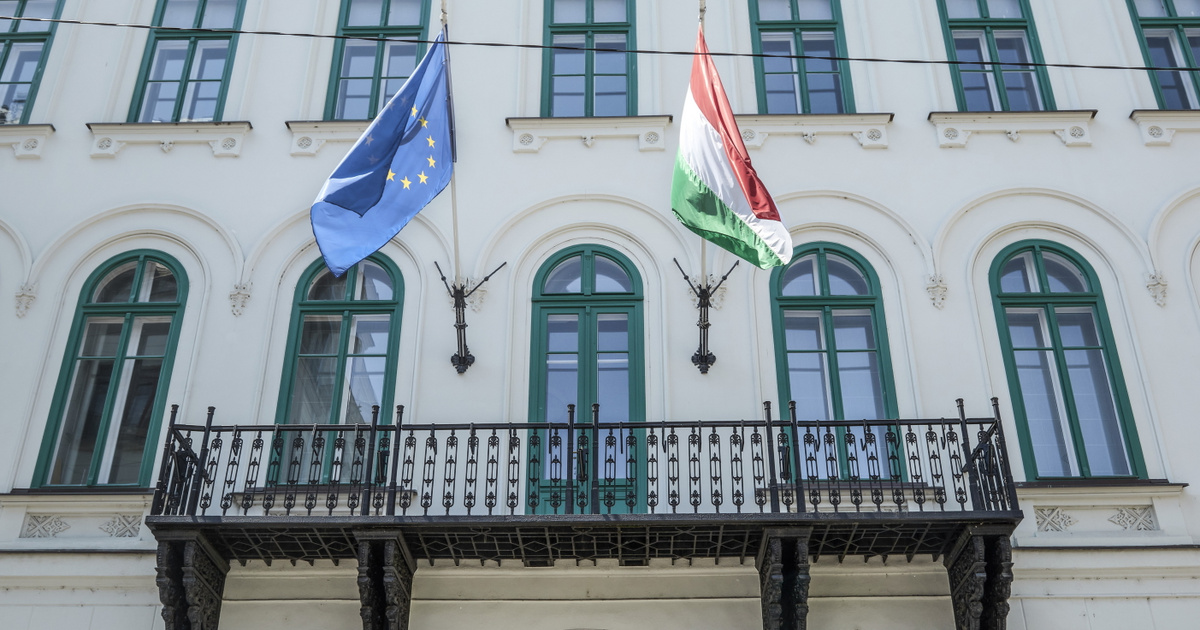Hungary's leading law administration associations have joined forces. The five organizations are responsible for the intellectual property rights of various performers, writers, composers, music publishers, filmmakers, film producers, visual artists and sound recording producers. They are putting up a common front, they say, to ensure their artists get the fees they are legally entitled to.
The five rights management associations filed about forty lawsuits against the decision of the Minister of Justice, who rejected in his decisions the fee schedules that they believed were submitted legally by the associations. They believe the decision violates constitutional rights.
The rights managers representing the artists confirmed in their memorandum that the fee schedules were set regularly, and all documents and justifications required by law were attached. In the proceedings before the National Intellectual Property Office (SZTNH) that took place for several months in 2023, the royalty payers did not raise any objections, the Ministry of Culture supported the setting of royalties, and the SZTNH submitted the fee schedules to the Minister of Justice with a proposal for its approval. Despite all this, the Minister unexpectedly rejected them, putting tens of thousands of Hungarian artists in a difficult financial situation
– says Artisjus in his announcement sent to the Catalog.
The decision violates constitutional rights
According to the announcement, based on the sole reason for the refusal, the Minister requests a more detailed justification than before for controlling inflation in royalties. According to their confessions, the organizations “acted in accordance with the minister’s legal interpretation, which had been applied continuously for 15 years, when compiling the documents,” and that “the minister was aware of the inflation rate and its consequences by virtue of his position.” before submitting the tariff.
The rights advocates wrote in their memorandum that the minister made a mistake in the refusal, and that the decision also violated constitutional rights. They argue that the refusal threatens the livelihoods of thousands of musical and literary composers, performers, visual artists and filmmakers, as well as the incomes of sound and film producers and book and music publishers.
It violates constitutional rights to property and artistic freedom.
The five associations also point out that prior to the rejection, they were not given the opportunity to conduct a wide-ranging dialogue, explain their arguments, and meaningfully protect the interests of the artists they represent. That's why the five organizations – Artisjus, the Performers' Rights Office, Filmjus, Hungart and Mahasz – have now decided to try to represent their interests and those of creators and publishers in a lawsuit. About forty measures were initiated to correct the situation.









































